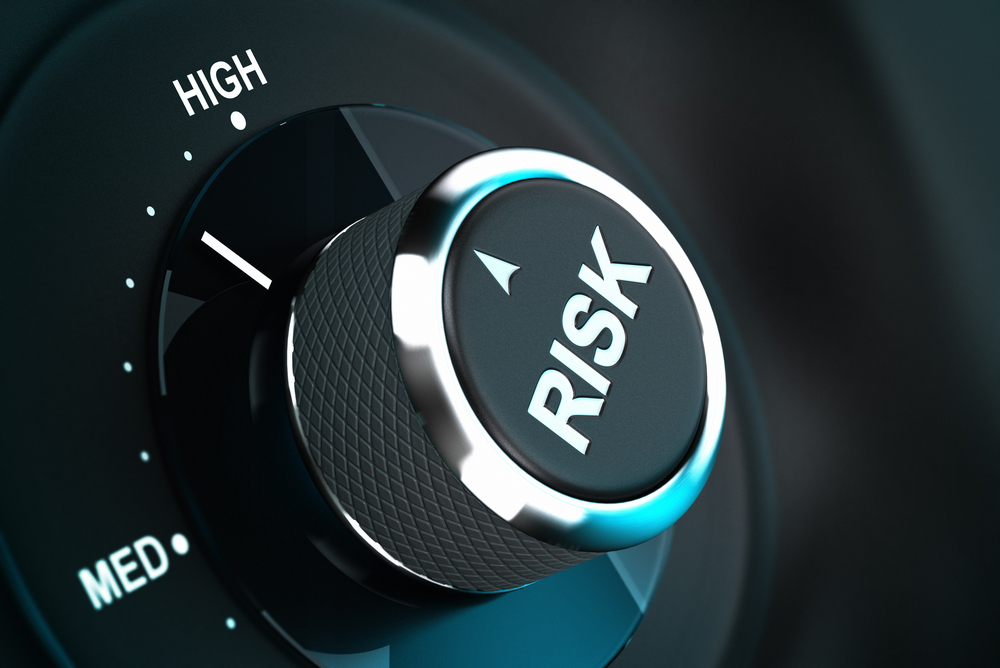FAQs About COVID-19 and MS
Written by |

What is COVID-19?
COVID-19, or coronavirus disease 2019, officially designated SARS-CoV-2 (for severe acute respiratory syndrome coronavirus 2), is a strain of the virus first identified in Wuhan, capital of the Hubei Province in China, in December 2019.
COVID-19 is a new strain of the virus, one not previously seen in humans. It is still unclear how it causes disease.
What are the symptoms of a COVID-19 infection?
Symptoms of a typical COVID-19 infection include fever, cough, and difficulty breathing. Symptoms can appear between two and 14 days after exposure to the virus and are usually mild. But they can be severe in some people.
Is COVID-19 the same as SARS or MERS?
No. Although COVID-19 shares genetic similarities with viruses causing severe acute respiratory syndrome (SARS) and Middle-East respiratory syndrome (MERS), it is different from these viruses.
There have been no cases of SARS reported anywhere in the world since 2004.
Is there a link between MS and coronaviruses?
MS is caused by the body’s immune system mistakenly attacking the myelin sheath, the protective covering of nerve fibers.
Early research has suggested that coronaviruses, which come in many types, can infect the nervous system and may contribute to the development of MS symptoms in some patients.
A more recent study has shown that a particular strain of the human coronavirus (HCoV), associated with respiratory tract infections, might be able to infect the brain and induce neurological diseases with unknown origins, such as MS, encephalitis, Parkinson’s, and Alzheimer’s disease.
Am I at higher risk of COVID-19 as an MS patient?
You may be at a higher risk of acquiring a COVID-19 infection if you are on an approved disease-modifying therapy, such as immunomodulatory medications. This is because these therapies weaken parts of the immune system and may make you more susceptible to any infection.
Emerging evidence shows that MS on its own likely does not increase the risk of contracting COVID-19 or developing a more severe infection. The Multiple Sclerosis International Foundation recently updated its guidelines on how the virus may affect people with MS.
Should I get tested for COVID-19 if I have MS?
You should immediately get tested for COVID-19 if you experience any of the symptoms described above. You should also get tested if you have been in close contact with someone known to be infected with COVID-19, or have recently traveled to areas with ongoing outbreaks.
How does COVID-19 spread?
Current evidence suggests that COVID-19 spreads from person-to-person via respiratory droplets that are released by coughing, sneezing, or breathing.
There is no evidence to date suggesting that COVID-19 can be transmitted through food or imported goods. Although the virus has its origins in animals, there currently are no reports of household pets becoming infected with COVID-19 or transmitting it to people.
How can I prevent the spread of COVID-19?
Following personal hygiene practices are recommended to protect you, and to help prevent the spread of COVID-19:
- Wash your hands often with soap, lathering front and back of hands and fingers for at least 15 to 20 seconds. If soap is not available, use a hand sanitizer that contains at least 60% alcohol
- Avoid close contact with someone who is ill; remain at least 6 feet or 1.8 meters apart
- Stay at home if you are sick
- Cover your cough or sneeze with a tissue paper, and then dispose of it
- Disinfect frequently touched surfaces and objects
- Avoid touching your eyes, nose, and mouth with unwashed hands
Should I wear a face mask?
The U.S. Centers for Disease Control (CDC) now recommends that people wear face masks in public settings, with some exceptions for those with preexisting conditions.
What travel considerations should I take?
The usual tips and suggestions for MS patients wanting to undertake travel still apply.
The CDC recommends avoiding non-essential travel to areas with an ongoing spread of COVID-19 infections: China, South Korea, Iran, Italy, and Japan at the moment.
If you cannot avoid travel, ensure that you maintain proper hygiene as described above and try to avoid places where you come into close contact with large groups of people.
What tests exist to detect COVID-19?
Many tests for the detection of COVID-19 have been made available under the FDA’s emergency use authorization, including rapid tests that are being developed to detect the presence of the virus within minutes.
The Foundation for Innovative New Diagnostics provides an up-to-date list of different manual and automated tests that are available or currently in development.
Does a negative test mean I’m not infected?
A negative test result means that the COVID-19 virus was not found in a person’s sample. However, it is possible that early stages of infection by this virus may not be detected with the test.
A negative test in a person who clearly has COVID-19-like symptoms likely means that the COVID-19 virus is not causing the present illness.
Is there a treatment?
There are currently no vaccines available for human coronaviruses including COVID-19. This makes the prevention and containment of the virus very important.
Oxygen therapy is the major treatment intervention for patients with severe disease. Mechanical ventilation may be necessary in cases of respiratory failure.
Are there new treatments in the pipeline?
Several clinical trials have been launched or are being planned to test a variety of potential treatments and vaccines for COVID-19. A complete list of all ongoing clinical trials pertaining to the virus is available here.
Multiple Sclerosis News Today is strictly a news and information website about the disease. It does not provide medical advice, diagnosis, or treatment. This content is not intended to be a substitute for professional medical advice, diagnosis, or treatment. Always seek the advice of your physician or other qualified health provider with any questions you may have regarding a medical condition. Never disregard professional medical advice or delay in seeking it because of something you have read on this website.


